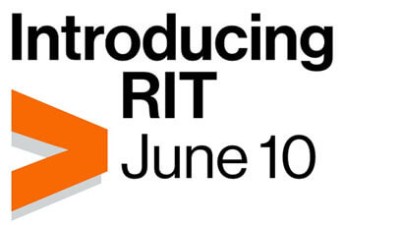Life Sciences and CASTLE Seminar: Building Quantitative Skills in Biology Students

Life Sciences & CASTLE Seminar: Building Quantitative Skills in Biology Students
Melissa Aikens
Associate Professor of Biological Sciences Education
University of New Hampshire
Abstract:
Quantitative skills are an essential core competency for undergraduate life science students. As part of their undergraduate curriculum, students should be learning how to interpret and construct graphs, apply statistical analyses to data, and understand how to use and interpret mathematical models of biological phenomena. However, learning these skills can be challenging for students. It first requires that students engage with quantitative problems, which may be difficult if they have negative self-beliefs and values for math. Once engaged, students must then apply appropriate cognitive resources to these problems. My research seeks to understand how we can support biology students’ learning of quantitative skills from both a motivational and cognitive perspective. In this talk, I will discuss how different classroom practices contribute to student motivation to engage in quantitative tasks. I will also discuss recent research we have started in my lab that aims to understand how students reason when interpreting graphs of covarying quantities. Ultimately, the goal of this research is to inform approaches we can take to teaching quantitative skills in our biology courses in order to equip life science majors with the skills they need to be successful in their careers.
Speaker Bio:
Dr. Aikens obtained her Ph.D. in Biology at the University of Virginia where she studied ecology and evolutionary biology. She then completed a postdoc in biology education at the University of Georgia and the University of Texas at Austin. In 2016, Dr. Aikens joined the faculty in the Department of Biological Sciences at the University of New Hampshire, where she is currently Associate Professor of Biological Sciences Education. Her research primarily seeks to understand pedagogical strategies that foster positive attitudes and support student learning of quantitative topics in biology. She also serves as the Director of the Pathways to Professions in the Biosciences program, an NSF-funded program that supports community college transfer students in the life sciences, and is a co-developer and co-facilitator of the UNH Mentorship Academy, which provides training to faculty, staff, and students on mentoring undergraduate researchers in STEM.
Intended Audience:
Beginners, undergraduates, graduates, experts. Those with interest in the topic.
To request an interpreter, please visit myaccess.rit.edu
Event Snapshot
When and Where
Who
Open to the Public
Interpreter Requested?
No








